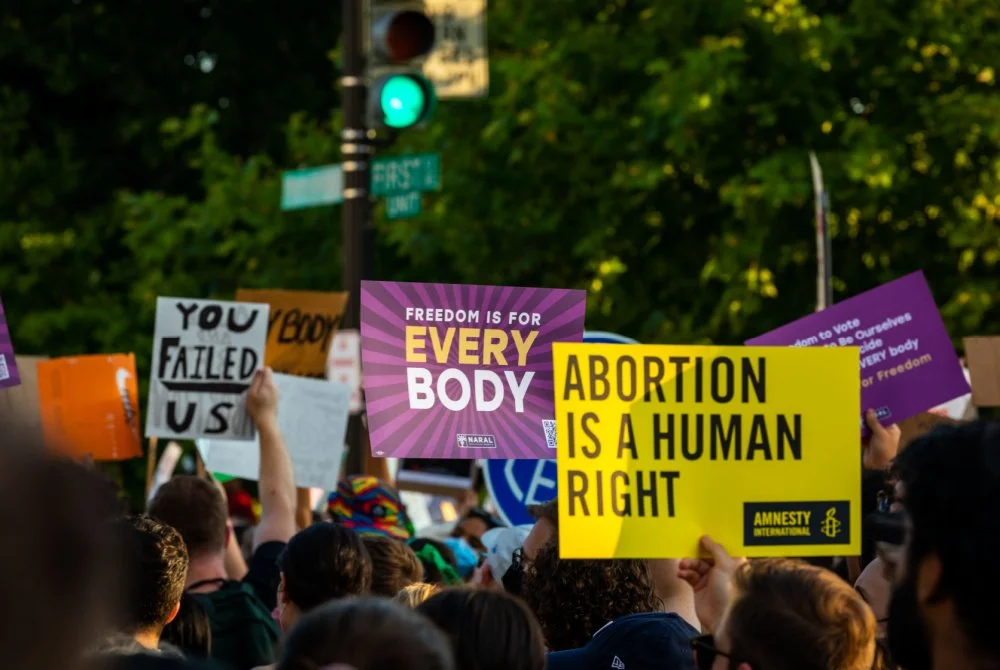Amid a Dearth of Dollars for Prostate Cancer Research, Two Funders Stay Focused
/Prostate cancer is the most common form of cancer for men, and one of the leading causes of cancer death among men, yet funding for research has never been commensurate with the disease’s impact.
And then there’s this startling fact: the incidence of prostate cancer is 60 percent higher among African American men in the United States than among whites, and African American men are roughly twice as likely to die from the disease. African American men are also diagnosed with more advanced and aggressive cases compared to any other racial/ethnic groups.
On average, prostate cancer is responsible for about 19 percent of all cancer cases and 8 percent of cancer deaths in men. But due to the paucity of research and funding, relatively little is known about prostate cancer. Researchers have yet to answer the question of why one in nine men get prostate cancer, and why some respond well to treatment while others die of the disease.
A few funders are doing what they can, but is it enough?
The Prostate Cancer Foundation (PCF) and the Movember Foundation recently announced that four new Movember Foundation-PCF Challenge Award teams at some of the world’s leading academic research institutions will receive a total of $3.5 million to support cross-disciplinary research into treatment for the disease. Of these funds, $3 million came from the 2017 Movember U.S. Campaign, and $503,000 came from the 2017 Distinguished Gentleman’s Ride.
“This year’s selection of Challenge Award recipients builds on our longstanding commitment of supporting innovative research that we hope will lead to life-saving therapies for men diagnosed with prostate cancer,” said Jonathan Simons, M.D., president and chief executive officer of PCF.
An effort to attract and keep young researchers in the pipeline
As part of PCF’s commitment to accelerate research and innovation in prostate cancer, Challenge Award teams are required to include at least three investigators, one of whom must be a young investigator. Recipients will use PCF Challenge Award funds to perform research into problems that existing grants and awards are not now addressing. Of particular note, $1 million was awarded to a study related to race-related disparities of aggressive and lethal cancer.
Advocates for women’s health have long pointed out—correctly—that clinical trials of new drugs and treatments are biased toward men, but surprisingly, this bias hasn’t applied to prostate cancer. For example, research into breast cancer, which affects a similar number of people, is federally funded at a level that’s double that of prostate cancer research. Despite being a leading cause of death among American men, killing nearly 30,000 men annually, prostate cancer funding is only 5 percent of the nation’s annual cancer research budget.
And in the private sphere, where profit drives research dollars, it may also come as a surprise that women’s diseases, such as breast and ovarian cancer, receive much greater funding and attention than certain men’s diseases like testicular cancer or prostate cancer. For example, the most recent figures from the American Cancer Society indicate that breast cancer receives more than double the funding that prostate cancer receives: 161 grants versus 62, or $90.3 million versus $40.2 million.
Adding to the burden of health disparities
Like many diseases, prostate cancer presents unique issues among distinct populations, which have yet to be researched. For gay and bisexual men, for example, complicating factors include minority status as well as being underserved by the healthcare industry in the United States, despite some improvement in care triggered by HIV/AIDS.
The disparity in mortality rates between whites and blacks, for example, is higher for prostate cancer than for any other cancer. As we recently reported, the PCF received its largest-ever donation, specifically targeting research and care for African American men. In May, private equity billionaire Robert F. Smith gave $2.5 million to the PCF to focus research on African-American men and aid veterans battling prostate cancer.
Related:
Now the Richest Black American, He’s Also One of America’s Biggest Philanthropists
Another Clever Fundraising Gimmick, This One for Prostate Cancer Awareness
With federal funding of prostate research limited, private funders are increasingly providing primary support, their gifts rivaling or even surpassing federal grants in scale. This is what makes the relationship between PCF and Movember so critical to prostate cancer funding. The organizations have been partners for over 10 years. To date, Movember has contributed more than $50 million to the PCF for programs to advance prostate cancer research.
The Prostate Cancer Foundation (PCF) is by far the world’s largest philanthropic organization funding and accelerating prostate cancer research. Founded in 1993, PCF has raised more than $755 million and provided funding to more than 2,000 research programs at more than 200 cancer centers and universities. Other nongovernmental funders include the American Cancer Society, Movember Foundation, ZERO Research Fund and a handful of other funders who support biomedical research in general. PCF’s advocacy has also contributed to a twenty-fold increase in government funding for prostate cancer. That’s certainly a big step in the right direction, but more funders need to put prostate cancer on their radar.







































